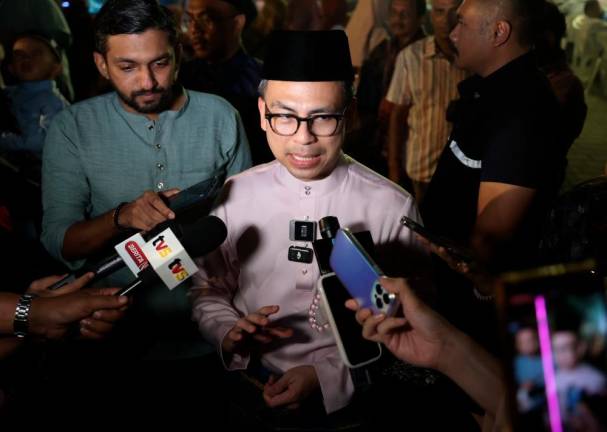AFTER the birth of my children, my brain felt frazzled. I no longer had the attention span to focus on reading the words and thoughts of my all-time favourite authors, like Maya Angelou and Toni Morrison.
My book purchases were largely led by my snobbery. As I kept buying more of them and adding to my ever-increasing (and unrealistically large) pile of books that I would likely never read, I never stopped to think about why I was doing it.
I wasn’t buying books to enjoy them. They didn’t bring me happiness.
Instead, the unread books on my nightstand served as a constant reminder of my procrastinatory nature, and how much of the old, book-loving me I had lost.
The more energy I put into thinking about the kinds of books I was buying, the more unlikely I was to actually pick one up and read.
I had lost my passion for reading because it was driven by my ego.
Here’s an uncomfortable admission: my views on romance novels were rooted in classicism and internalised misogyny.
I thought romance novels were for ditzy housewives. I would scoff and roll my eyes at the mere sight of their covers.
With the kinds of books I was buying, I was trying to fulfil whatever idea I wanted to project of myself. By reading cool books, maybe I could be cool too.
Perhaps by reading books I thought were highbrow, I would appear to be highbrow too.
Except it was never really about books. As uncomfortable and mortifying as it is to admit, it was actually about feeling better about myself, and trying to appear better than others; namely my perception of those who read romance novels.
Then, I discovered the buzzing world of romance novels on Instagram and TikTok. I felt intrigued, so decided to put my prejudices aside.
After reading the first few chapters, I felt like I had come home. It was like being hugged by an old friend.
I was filled with a warmth I hadn’t felt in years. And what’s more, I couldn’t stop turning the pages and I devoured book after book.
I thought romance novels would be filled with quivering lips, damsels in distress and engorged members, with an undercurrent of sexism.
I mean, they can be, but they are about much more than that too. I thought that I, as a black woman, would rarely find myself in the pages.
I thought there would rarely be an occasion where I could relate to the characters and storylines.
However, the romance novels I’ve read so far have touched on important themes such as racism, homophobia, sexism, sexual harassment and female solidarity and empowerment, which took me completely by surprise.
Reading romance novels has given me hope. Enjoying them, with all their endearingly predictable tropes, is like a safe haven in a world that feels cold and harsh.
There is a warmth that comes from being able to guess what the next chapter entails.
This is the perfect kind of much-needed escapism, which feels so important right now, when we have no idea what our lives might look like in the morning.
My love for reading has been reignited. I’ve read more in the last month than I have in the past four years.
There’s no stopping me now, and I can’t get enough of my newly found love for storylines of love triangles, friends to lovers, and fake relationships.
By jumping head-first into this new world, I’ve learnt something about myself too: I shouldn’t judge a book by its cover (or people by the books they read). – The Independent














